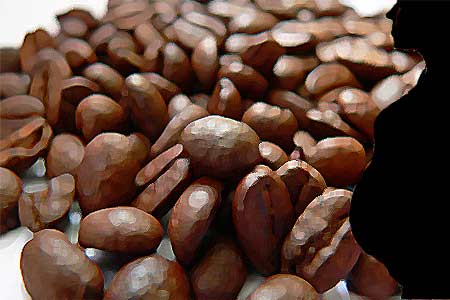According to a latest study, one dose of caffeine consumed during pregnancy is apparently said to be adequate to affect the fetal heart development and also supposedly have a decreased cardiac function for a life span. Just about two cups of coffee is said to affect heart development in an unborn infant, and then supposedly reduce heart function in the child for the rest of its life.
The researchers also state that apparently the male children, who were exposed to caffeine before their birth, may have an increased body fat as compared to the infants who were not exposed. This study was conducted on mice; however the researchers say that the study results may be believable in humans as well.
Study’s senior researcher, Scott Rivkees, Yale’s Associate Chair of Pediatric Research, says, “Our studies raise potential concerns about caffeine exposure during very early pregnancy, but further studies are necessary to evaluate caffeine’s safety during pregnancy.â€
The study was conducted on mice, to test the results. These mice were divided into four groups, under 2 sets of conditions for 48 hours. The first two groups were kept in “room air;†where one group was injected with caffeine while the other with a saline solution. On the other hand, the second two groups were kept in low-ventilation; where again one group was injected with caffeine while the other with saline solution.
The results revealed that, in all the groups, the caffeine exposed mice, apparently, produced embryos with a thinner layer of tissue separating few of their heart chambers, as compared to the non-caffeine exposed mice. The born infant mice were also monitored to verify the effects of caffeine exposure in them. The researchers, supposedly, found that the adult males exposed to caffeine as infants had a 20 percent increase in body fat as compared to the non-caffeine exposed mice. Also an apparent 35 percent decrease in heart function was noticed in the caffeine exposed mice, in comparison to the non-caffeine exposed ones.
Gerald Weissmann, M.D., Editor-in-Chief of the FASEB Journal says that, supposedly, almost everyone is exposed to caffeine in one way or the other. He says, according to the results of this study, an expecting mother should not be exposed to caffeine in her diet.
Their findings are published online in The FASEB journal.

